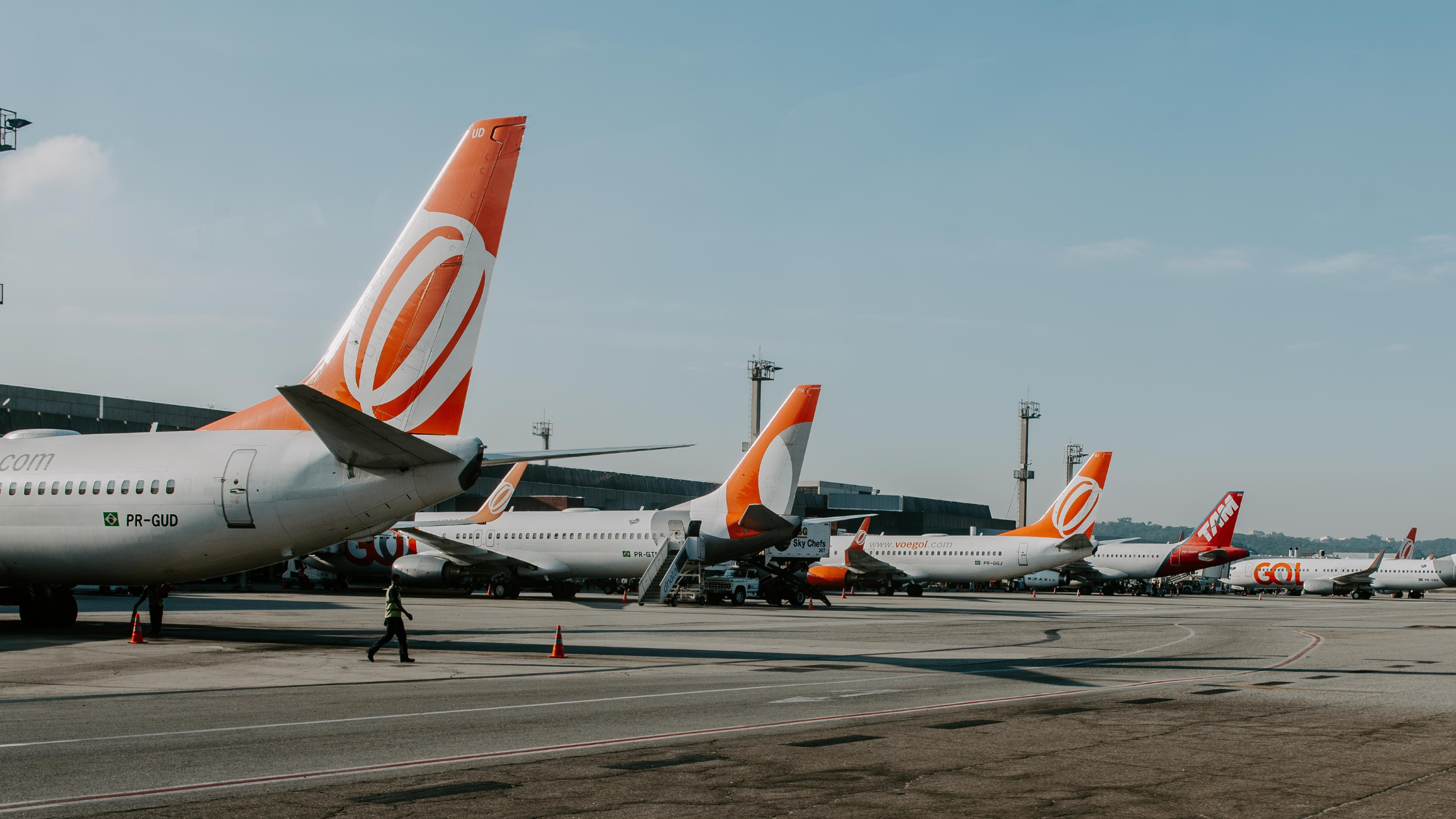
Cheap flights lure passengers to the skies across Europe
What’s happening? Train fares from the UK to Europe are, on average, four times the cost of a plane ticket, according to a report by Greenpeace. The analysis compared ticket prices on 112 routes between 27 major European cities on nine different days and found that flights were less expensive on 70% of journeys while, on average, trains were twice the cost of flying. It also found that rail fares between London and Barcelona were up to 30 times higher than taking a flight. Greenpeace said that 461,000 tonnes of greenhouse gas could be saved if the 3.36 million annual flights between the cities were switched to rail. (The Independent)
Why does this matter? Greenpeace’s report points out that flights can be cheaper than rail as airlines pay no kerosene tax or VAT on international flights and receive subsidies from taxpayers’ money. By contrast, rail firms have to pay energy taxes, VAT and high rail tolls in most countries. Other issues for rail passengers are that booking cross-border tickets can be complicated, an inability to book train tickets more than several months in advance for some operators and the need to book several tickets with different companies.
Fare’s fair – Greenpeace has set out a range of demands for fairer pricing of flights and trains, such as introducing climate tickets and introducing a Europe-wide ticket for all forms of public transport that is more affordable and simpler than the interrail pass. The campaign group also urges for a phase-out of VAT exemptions on flight tickets and the kerosene tax exemption, making rail more affordable by reducing or scrapping VAT on train tickets and introducing family or social fares and an introduction of flight ticket taxes to cover the climate and environmental cost of air travel. Other action steps include banning short-haul flights where rail is a reasonable alternative, something that France implemented earlier this year.
Aviation’s responsibility – While it is reasonable to encourage more passengers to take to the railways, the aviation industry must continue working towards reducing its climate impact. According to the International Energy Agency (IEA), aviation emissions in 2022 were around 800 Mt CO2 – 80% of the pre-pandemic peak in 2019 – accounting for 2% of global energy-related CO2 emissions. Emissions are predicted to continue rising, likely surpassing the 2019 level by 2025. It adds that multiple measures are needed to promote the technologies, sustainable aviation fuels (SAF) and demand-side management needed to keep emissions below 1,000 Mt CO2 by 2030, in line with the Net Zero Emissions Scenario (NZE).
Fuelling the future – In terms of policy, the IEA points out some notable progress. For example, the US Inflation Reduction Act passed in 2022, provides $3.3bn in tax credits and a grant programme allocated to SAF. Meanwhile, the European Parliament and Council agreed on rules in April to mandate a minimum share of SAF with sub-targets for synthetic fuels, and last year the UK dedicated £165m ($212m) to support SAF projects until 2025 following the introduction of its Jet Zero pledge. Additionally, in 2022, the 184 member states of the International Civil Aviation Organization adopted a long-term global aspirational goal of net-zero carbon emissions from international aviation by 2050.
Looking to the future, the IEA highlights that work is being done to overcome the challenges of using hydrogen to fuel aircraft, such as the need for innovative fuel storage, low-cost, lightweight cryogenic tanks and redesigned airframes. Citing a whitepaper by The International Council on Clean Transportation, the IEA states that by 2040, hydrogen aircraft could have a maximum range of under 3,500 km, serving at a maximum of around half of all fuel consumption used in current commercial aviation. The development of electric aircraft beyond small planes with limited range will largely depend on advancements in battery technologies.


